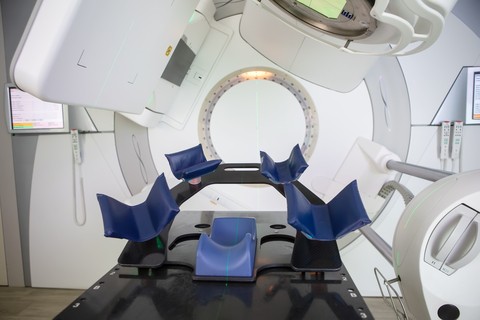The First FDA-Approved Mesothelioma Drug in 15 Years
On October 2, 2020, the first FDA-approved mesothelioma drug in 15 years hit the market. They approved a new combination of drugs for mesothelioma. The combination of nivolumab with ipilimumab is now considered the first-line treatment. It is the go-to for adult patients with unresectable malignant pleural mesothelioma. The FDA based approval on results from an open-label clinical trial. The results of a new study show outcomes of Mesothelioma patients over the last 2 years. This often was often six cycles of chemotherapy. Patient survival using this new combination of drugs was an average of 18.1 months. This was an increase from 14.1 months for patients who only received chemotherapy. More clinical pharmacology data also supported an alternative dosing regimen….









